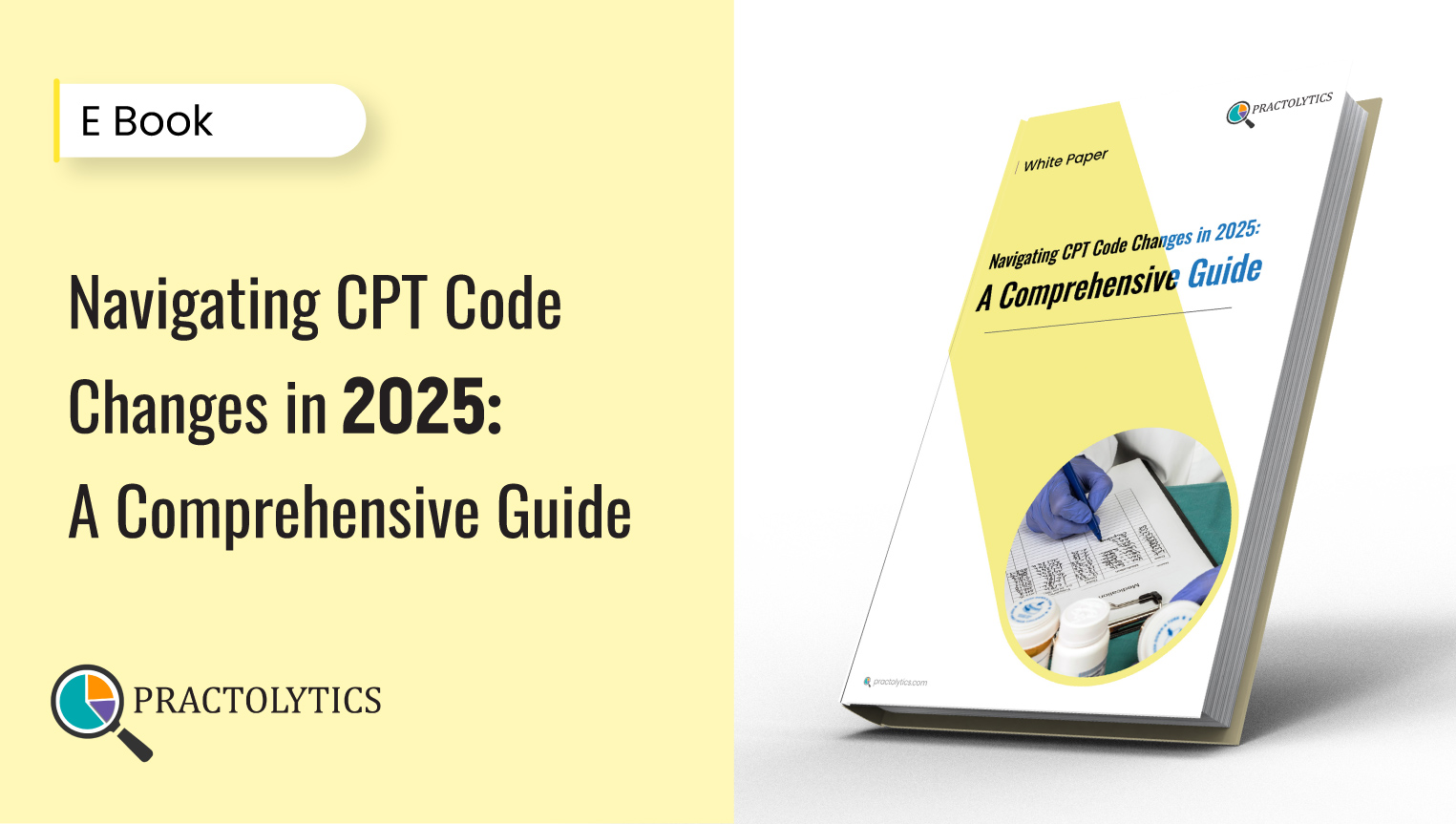

Navigating CPT Code Changes in 2025: A Comprehensive Guide
- Why CPT Codes Change: Updates reflect medical advancements, support accurate reimbursement, improve documentation, and ensure compliance.
- Key 2025 Updates: Major changes include new codes for telehealth, AI-assisted diagnostics, surgical procedures, and advanced laboratory tests.
- Telehealth Expansion: New codes for audio-video and audio-only visits, virtual check-ins, and revised remote therapeutic monitoring rules.
- AI Integration: Category III codes added for AI-supported diagnostics in imaging, ECG, and biopsies, signaling a growing digital shift.
- Surgical & Pathology Revisions: New and updated codes impact tumor removal, skin grafts, joint surgery, genetic testing, and more.
- Implementation Strategy: Update EHR systems, educate staff, review payer rules, revise workflows, and monitor denials closely.
- Avoid Common Mistakes: Prevent issues like using outdated codes, poor documentation, incorrect modifiers, or ignoring payer-specific rules.
Download the FREE Guide
Download the FREE Ebook
- Why CPT Codes Change: Updates reflect medical advancements, support accurate reimbursement, improve documentation, and ensure compliance.
- Key 2025 Updates: Major changes include new codes for telehealth, AI-assisted diagnostics, surgical procedures, and advanced laboratory tests.
- Telehealth Expansion: New codes for audio-video and audio-only visits, virtual check-ins, and revised remote therapeutic monitoring rules.
- AI Integration: Category III codes added for AI-supported diagnostics in imaging, ECG, and biopsies, signaling a growing digital shift.
- Surgical & Pathology Revisions: New and updated codes impact tumor removal, skin grafts, joint surgery, genetic testing, and more.
- Implementation Strategy: Update EHR systems, educate staff, review payer rules, revise workflows, and monitor denials closely.
- Avoid Common Mistakes: Prevent issues like using outdated codes, poor documentation, incorrect modifiers, or ignoring payer-specific rules.

